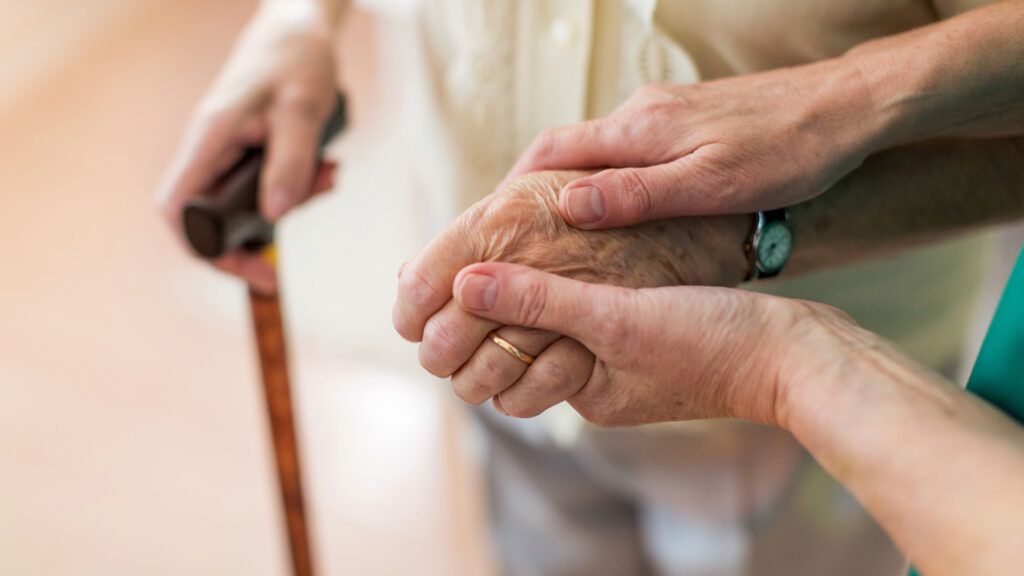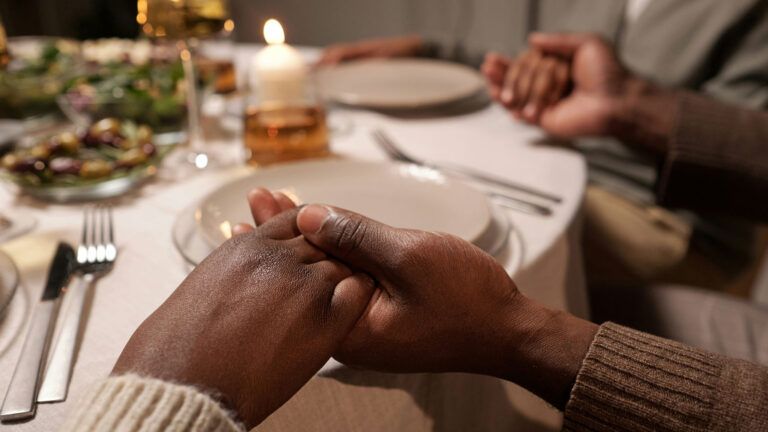A soft place to land is the carrot at the end of the stick that makes moving somewhat bearable. For an older adult who moves in with a family caregiver, feeling at home depends on how well the new place meets practical as well as emotional needs. Crucial as they are, safety modifications are only part of the equation. A true sense of comfort goes beyond wheelchair ramps and bathtub grips.
If you as a caregiver are moving an older family member in with you, it can be daunting to properly prepare for this major life change. An important first step is to make a careful decision on whether such a move makes sense for both of you. Arriving at a sound decision entails open and honest communication. Your loved one, as well as any other family members who live in the home, need the opportunity to voice any thoughts and concerns.
Keep in mind that this will be a huge adjustment. Challenges can turn on a dime if medical conditions develop or worsen. The Cleveland Clinic website advises caregivers to consider factors such as meal and driving requirements, and ways to stave off caregiver fatigue. Family Caregiver Alliance also offers a tip sheet to help you make the decision. It lists additional factors, such as finances, how much time you can devote to your loved one’s care, how well the two of you get along and what it would mean to securely adapt your home.
If you do decide to move forward, it’s important to involve your loved one in the planning process so that he or she maintains a sense of control. What furnishings and objects should be kept and what should be discarded? Pay close attention to cherished possessions, favorite furnishings and personal items.
Any move is stressful, but relocating can be particularly hard for older adults, who may be leaving a home where they’ve spent much of their lives. A senior move manager can be a great asset, as they are experienced at handling the practicalities, as well as emotions, that often go along with this process. They hire and supervise movers and help to sort, pack and unpack belongings.
Beyond the nitty-gritty of the move itself, it’s important to be as calm and respectful as possible as your loved one settles in. Remember that “your” home is now “our” home and that means carefully navigating a host of changes on everyone’s part. Here are a few tips that may help you provide a more comfortable landing:
- Set up your loved one’s room or apartment together. Listen to input. Consider arranging furniture and other items to resemble the home he or she has left. You may want to place some family photos in frames or albums in your loved one’s private space, along with a comfortable chair, foot rest and reading lamp. If your loved one has dementia, a special soft blanket or sweet stuffed animal to cuddle can be extra welcoming.
- Adjust shelves or light switches for better access. Improve lighting throughout the home, including on any ramps and stairs and in entry areas. Use nightlights. If your loved one enjoys watching TV, make the set-up as simple as possible, with an easy-to-use remote.
- Respect boundaries. Encourage everyone in the home to set ground rules. Make it clear that your loved one’s bedroom is a private space, as is yours. Knock before entering, if it’s feasible given your loved one’s physical condition. If you work from home, make it clear that your office space has to be yours alone. Then carve out more relaxed times of the day to spend quality time with one another.
- If it works for all involved, spend mealtimes together. The kitchen can be a wonderful place to relax and talk. Your loved one might be able to join in meal preparation, and if not, might simply want to sit and chat as you prepare the meal. There are ways to make the kitchen easier for an older adult to use, like using easy-to-read appliances with push buttons, and open shelving for better access.
- Try to keep schedules as familiar as possible. Daily routines are especially helpful for people who have dementia. It’s lovely to share meals, but if your loved one is more comfortable eating on his or her own schedule or retiring early, that might work better for both of you. Eating habits and needs can change in a variety of ways with dementia. Learn more tips on ways to adapt mealtimes to someone who lives with the condition.
- If you’re feeling pressured with all you have to do, you may want to consider getting help from an in-home care aide who can help cook and clean or take your loved one out for walks, rides or errands. A skilled home healthcare aide can also be a great assist with activities of daily living, such as bathing and dressing, or simply getting around safely.
- Practice patience. Relationship dynamics are often fraught, and living together in one space can easily spark tensions. Patience can be cultivated. Here are some techniques to defuse the frustration and anger that can go with caregiving.
- When it comes to communication, try to stay as upbeat as possible. Focusing on the positive can make you feel better, even when things get tough. If your loved one has dementia, your body language, tone of voice and simplicity of speech can go far to reduce anxiety and agitation.
- Don’t neglect yourself. No one needs to tell you that caregiving is stressful. As you and your loved one adjust to sharing a home, you may find yourself cutting back on activities or routines that have been fundamental to your emotional well-being. Learn more tips on how to protect your physical and mental health amid the challenges of caregiving. Comfort for your loved one depends more than anything on having a happy and balanced caregiver. Your well-being is fundamental to both of you.





